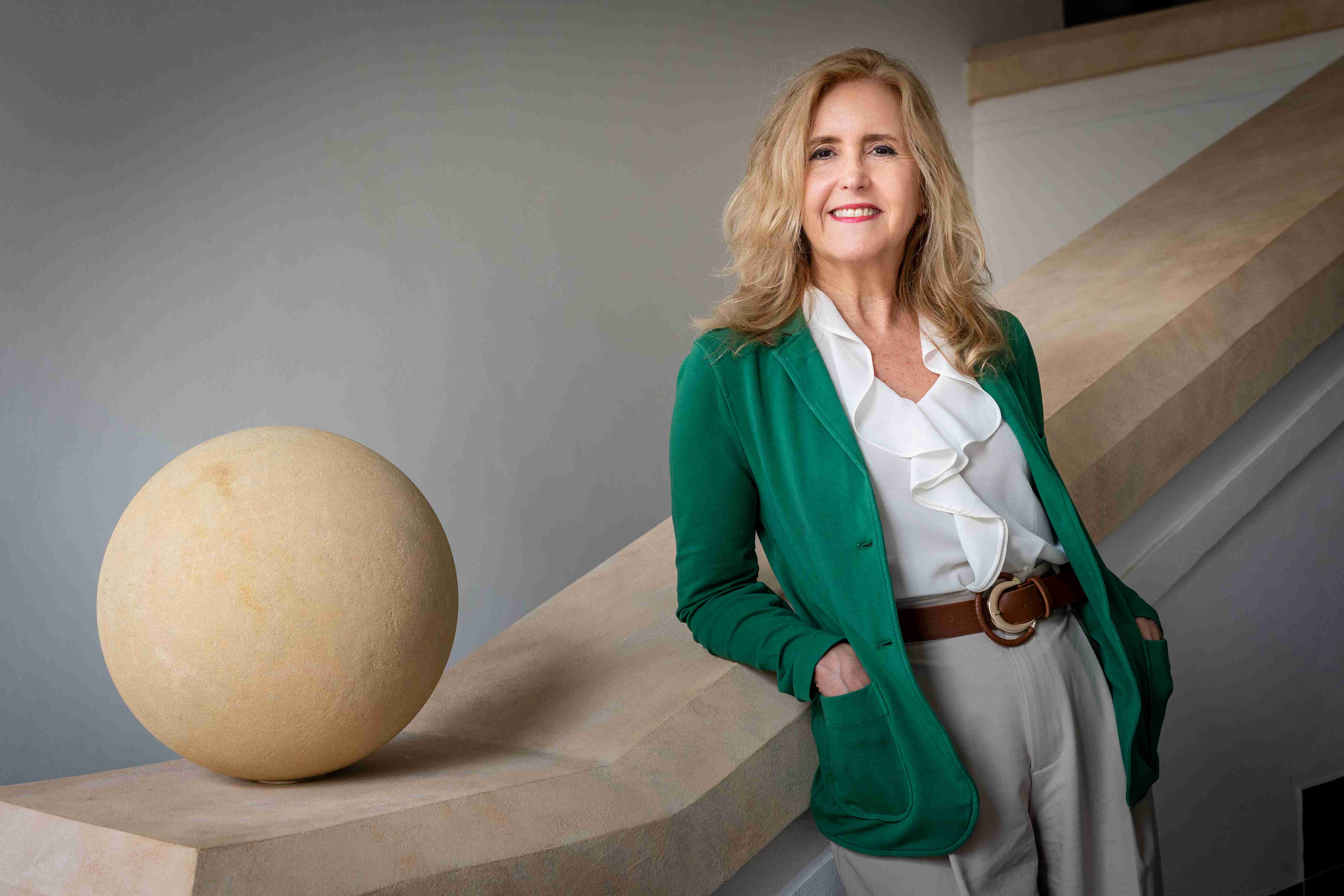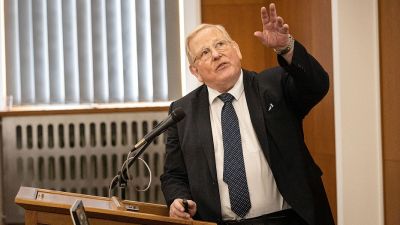Professor Mariana Llanos, a distinguished political scientist from Argentina, discusses her long journey from the University of Oxford to the elite GIGA Institute in Hamburg, Germany, and Charles University in Prague, where she became the ERA Chair holder, in this exclusive Forum magazine interview. She shares her insights into Latin America’s political challenges, including autocratisation and populism, while highlighting the importance of multidisciplinary area studies and international academic cooperation in the new Centre for Multidisciplinary Area Studies (CenMAS) at the Faculty of Arts CU in Prague.
Professor Llanos, thank you for your time. To start off, have you ever been to Prague before? Have you had any contact with Charles University or its Faculty of Arts, especially in Latin American Studies or area studies so far?
Actually, my first professional visit was about two years ago during the General Conference of the European Consortium for Political Research (ECPR) held at the Charles University. I had a co-authored paper, and it was there where I met the current vice-dean Karel Kouba and Radek Buben from the Center of Ibero-American Studies. We ended up going for a lunch together, and that was really the starting point of our collaboration. We quickly realized we had many common research interests, particularly with Karel.
Since then, I’ve returned to Prague a few times. So professionally, that’s how my connection with Charles University began.
So that was your first time visiting Prague professionally, but you had been here for private reasons before, is that right?
Yes, I was here privately a long time ago, but my first professional engagement was two years ago. I absolutely love this city and I am always looking forward to coming back.
How did cooperation with Karel Kouba and Radek Buben start off? Why did you decide to collaborate on the project and ERA Chair in Prague?
Initially, I wasn’t fully aware of the specific European project they had in mind. However, Karel Kouba reached out to me saying they wanted to apply for a project and believed I would be an ideal candidate to take on the position of the ERA Chair.
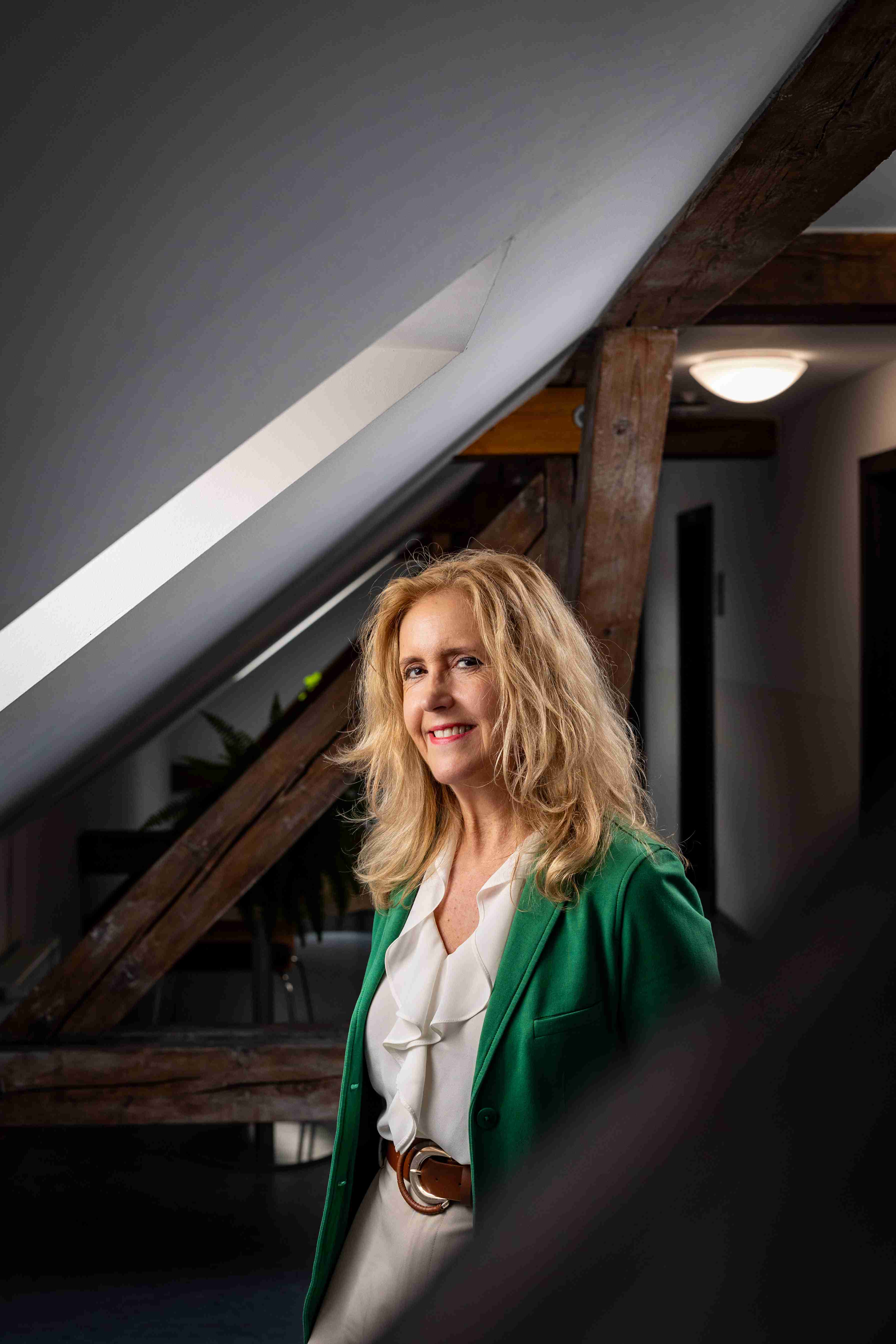 To be honest, at first I wasn’t sure if I was a perfect fit, but he was very convincing (laughs). After some thought, I realised I would need to integrate this responsibility into my already busy schedule, but ultimately it worked out well.
To be honest, at first I wasn’t sure if I was a perfect fit, but he was very convincing (laughs). After some thought, I realised I would need to integrate this responsibility into my already busy schedule, but ultimately it worked out well.
You also work at GIGA in Hamburg. Could you tell us about that institution?
Yes, my main affiliation is with GIGA, the German Institute for Global and Area Studies, based in Hamburg, where I have been working for over twenty years. The GIGA is financially supported by the German Ministry of Foreign Affairs and the Hamburg Ministry of Education and Research. Despite this funding, we operate autonomously in defining our research priorities and agenda. GIGA is structured with regional institutes specializing in four different world regions — Latin America, Middle East, Asia, and Africa and four cross-regional, thematic research programs (Accountability and Participation, Peace and Security, Globalisation and Development, Global Orders and Foreign Policies).
This structure, which we call the GIGA Matrix — allows for both regional specialisation and cross-regional collaboration on common themes within the social sciences, which is our main research focus. I have been working there primarily with the Institute for Latin American Studies. Because my work focuses on democracy and democratic institutions, I am also part of the Research Program Accountability and Participation, which brings together scholars working on similar themes, regardless of their region or area.
What about your connection to Erfurt University? How does that fit into your work?
In 2021, I became professor for Democratic Institutions in the Global South at Erfurt University. This appointment allows me to teach and supervise doctoral (PhD), master (MA) and bachelor (BA) students. In Germany, academic careers at research institutes do not typically require to be a professor, but this is possible, and at some point I knew that I was limited without the possibility to teach. I’m very lucky that I have the chance to work with colleagues at Erfurt University, even though my primary occupation remains the research I conduct at GIGA institute.
I visited Max Planck and Fraunhofer Institutes and other research centers during my press trip a few years ago, it was an interesting experience with these "rings" of cooperation. Does GIGA have any connections with these or other German research organisations?
Formally, we don’t have direct connections with Max Planck or Fraunhofer, as those institutes operate somewhat differently. However, we all share the concept of autonomy in conducting research. GIGA is part of the Leibniz Association, which unites German non-university research institutes from various disciplines, and acts as our "umbrella organization", let’s say.
How many researchers are there at GIGA?
We are not huge, but sizeable enough. Around half of the staff — about 60 people — are researchers. We have permanent positions, like mine, but most are project-based temporary positions that can fluctuate depending on the projects we receive funding for.
Do you cooperate with other German universities?
Yes, extensively. Many of our researchers hold professorships, junior professorships or honorary professorships at universities like Freie Universität Berlin, Göttingen, Leuphana, and others. We collaborate with various institutions, especially those strong in social sciences, in Germany and in our regions.
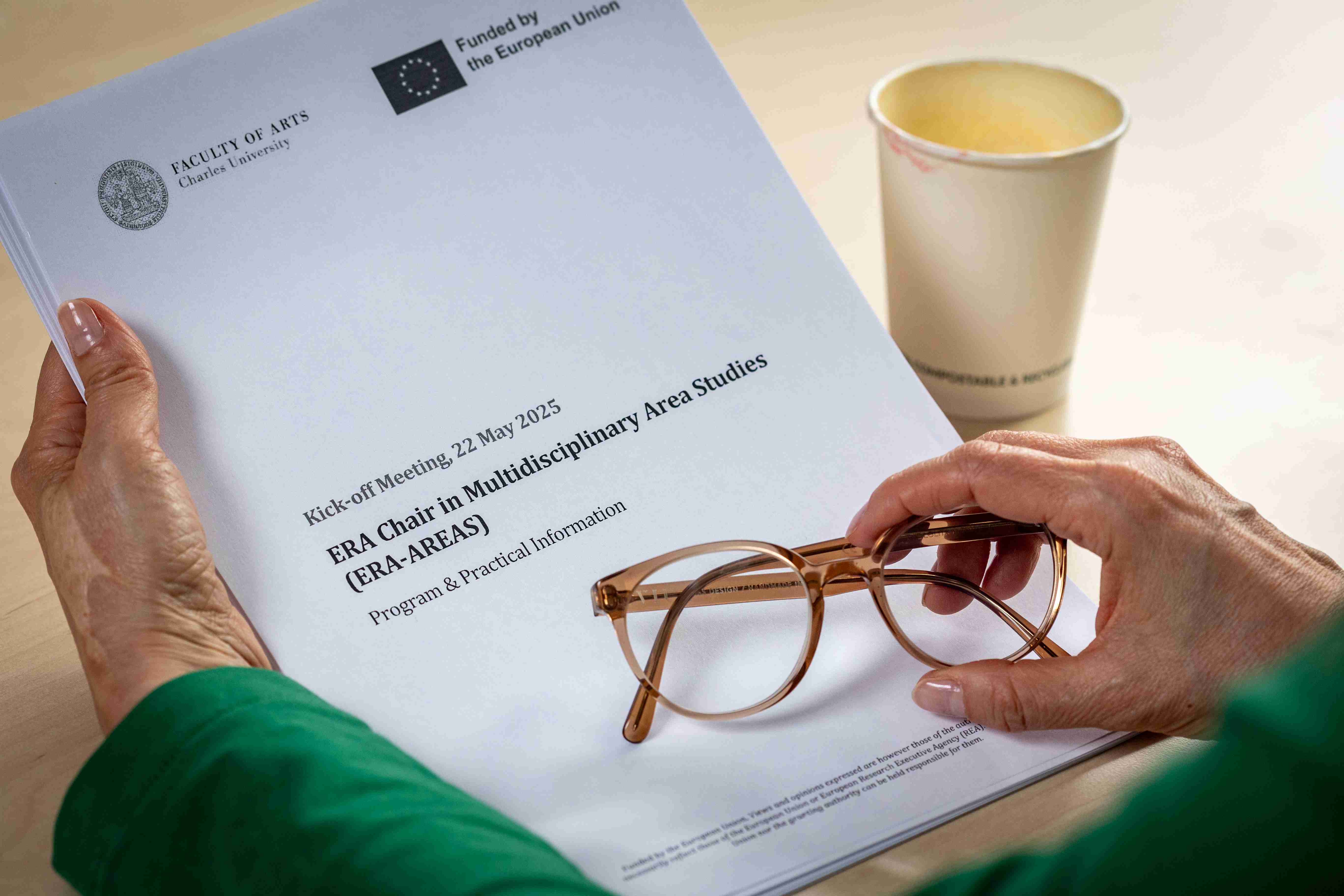 Which German universities have notable Latin American studies programs?
Which German universities have notable Latin American studies programs?
Latin American studies exist at several German universities. However, I’m not sure I can list the strongest ones off the top of my head.
And what courses do you teach or mentor at Erfurt Uni?
I teach one course each semester, and I have the freedom to focus on topics I find important and connected to my research. This semester, for example, I’m teaching about autocratization as a global phenomenon. Rather than structuring the course around one region, I cover concepts that apply to multiple countries and allow students to explore these ideas comparatively.
Do you discuss current political situations, such as the controversial president Nayib Bukele in El Salvador, in your courses?
Sometimes students bring up cases like El Salvador, and we discuss them. I didn’t design the course specifically around current events there, but it’s a fascinating case of rapid autocratization. For a long time, El Salvador had a fragile but functioning democracy, which suffered from serious issues of violence and insecurity. Then this president came with radical policies, imprisoning many under questionable human rights conditions, dismantling democratic controls swiftly.
This has made the situation very challenging to discuss academically because democracy is deteriorating so fast. It’s an example of many kinds of problems we analyse.
I read recently in The Financial Times newspaper that despite the authoritarian turn, many Salvadorans support the president Bukele’s strict anti-crime measures...
That’s true. The public was desperate for safety, unable to walk their streets without fear. These hardline policies brought a sort of order and therefore earned significant popular approval. However, there is concern about how the country is perceived internationally and what this means for the future, especially since democratic institutions have been weakened.
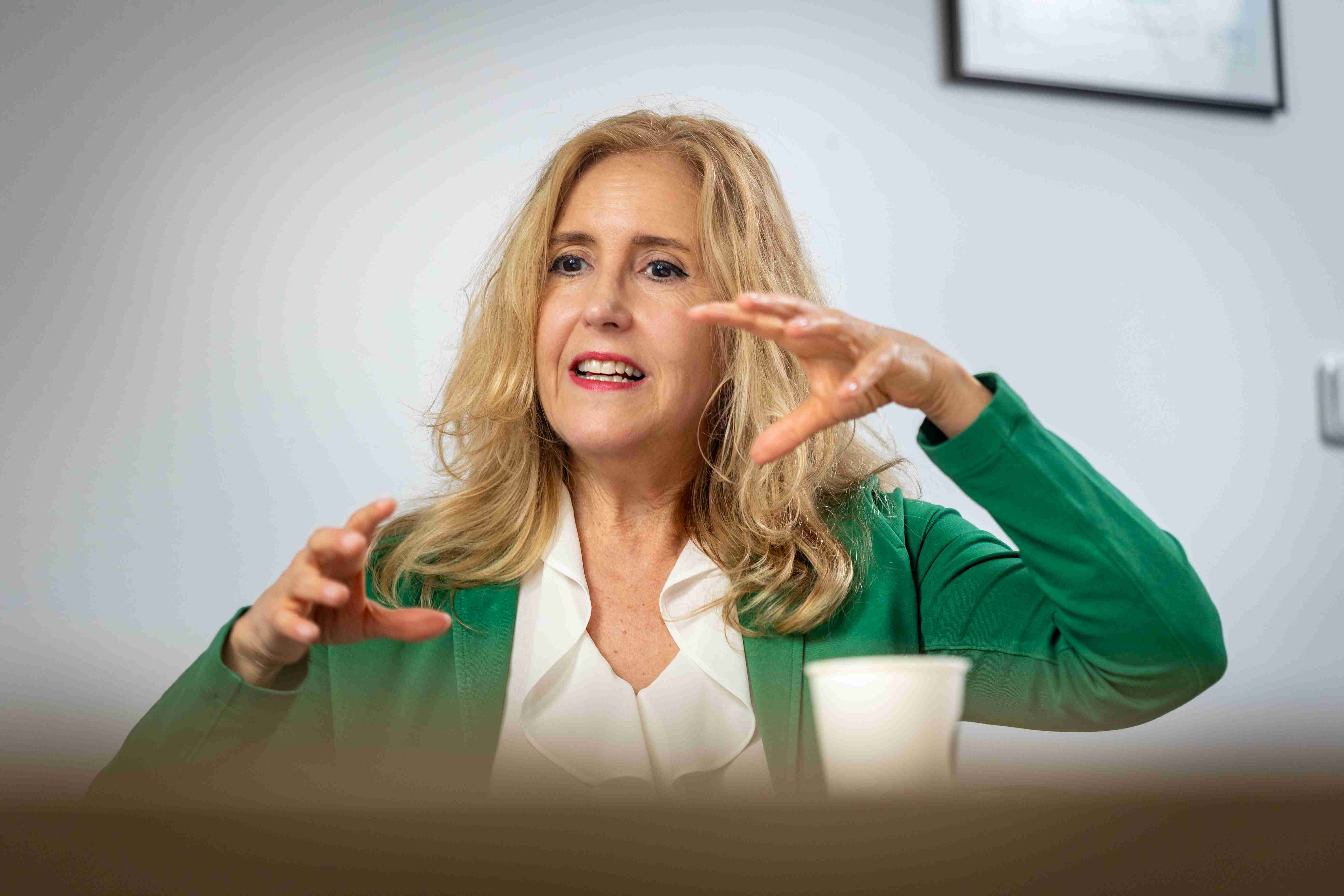
"I am originally from Argentina, and my family still lives there. I always follow the political developments closely," says Professor Mariana Llanos.
And what about current Argentina and its elected and „populist-style“ president Javier Milei? Is this a subject of interest for researchers, too?
Absolutely. I’m originally from Argentina, and my family still lives there. I always follow the political developments closely. The election of Milei in 2023 was a big surprise. He is a radical outsider, not affiliated with the traditional political parties who campaigned heavily against the establishment. Argentina has had turbulent times during its forty years of democracy, but this is a particularly disruptive moment. Milei’s election and radical policies of cutting state expenses, which led to disbanding key ministries and agencies, reflect broader global questions about outsider populists and their impact on political systems.
You went from Argentina to study at Oxford in the 1990s, correct?
Yes, I earned my PhD there and then returned to Argentina. It was before the 2001 crisis, but the situation did not look good for Argentina. I was married to a German, so I emigrated to Germany with my family in 1999 and two years later I started working at GIGA as a postdoc. I have been there since then.
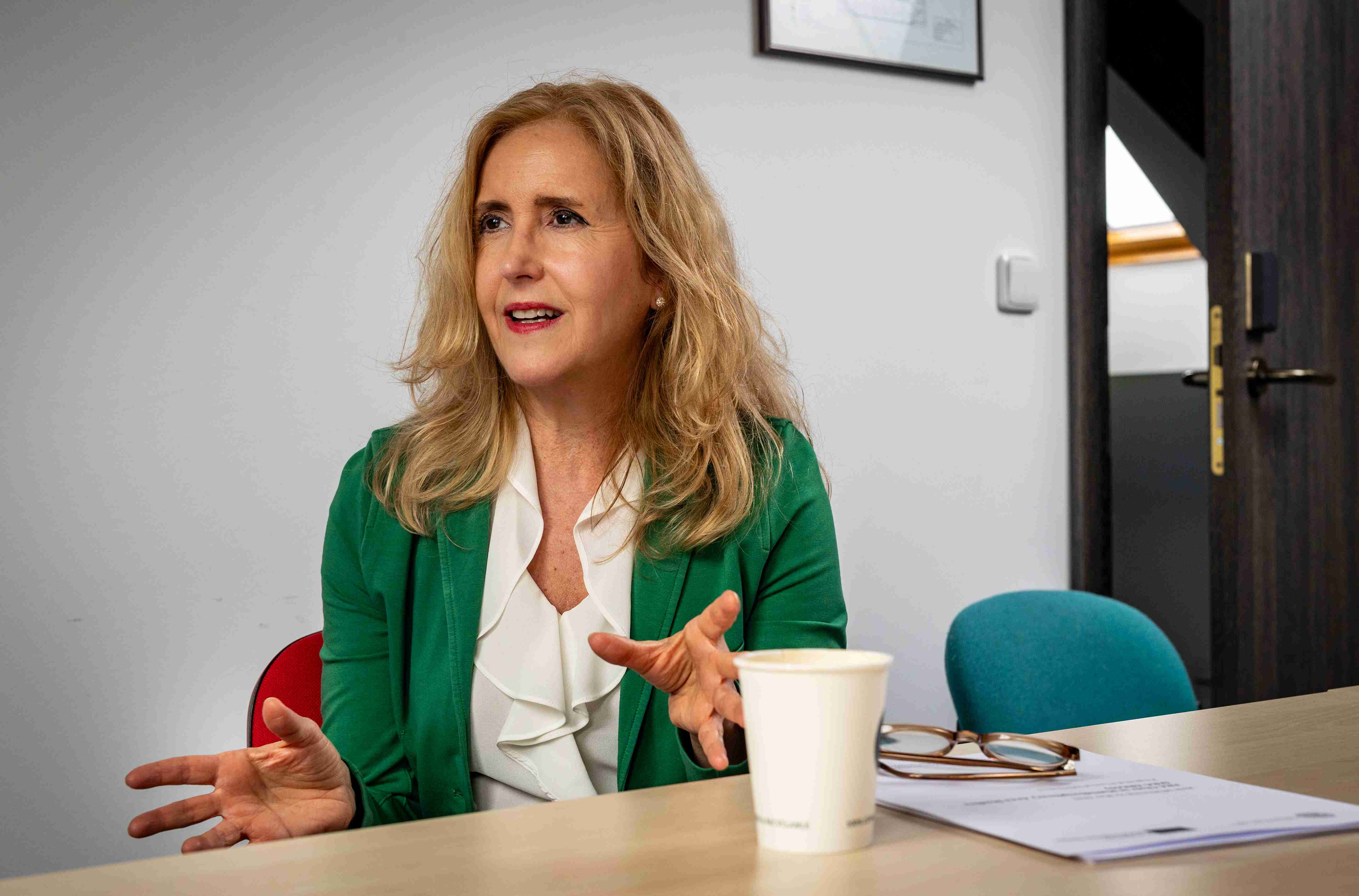
"I absolutely love this city and I am always looking forward to coming back," says Professor Mariana Llanos from GIGA Institute about Prague.
What is your main research focus now?
My primary interest concerns the power of executives — presidents — and how political institutions can (or cannot) control them. I study the relationships between presidents, parliaments, and courts — the so called horizontal checks and balances — and how these institutions interact.
But sometimes I work on other topics. Currently, I am co-leading a project funded by the German Research Foundation (DFG) that analyzes how – and to what extent - executives in 32 countries personalized power during the Covid-19 pandemic, often using the health crisis as justification... I’m also researching on how judiciaries try to counterbalance presidential power, especially when they are weak and presidents strong.
What do you expect from the ERA-AREAS project here at Charles University?
I respect the initiative a lot. It’s exciting that the Faculty of Arts at Charles University offers such a wide variety of area studies —from Japanese to Latin American to Indonesian studies! That´s amazing. There’s a huge wealth of knowledge, and the challenge is to make it more visible and interconnected. We want to leverage this rich expertise to benefit the university and contribute to academic and public debates on global politics. When unexpected conflicts or changes happen, having deep, contextual knowledge readily available is invaluable and unique.
How do you plan to foster cooperation between different area studies departments here like Japan, China, Near East, Africa, and Latin America studies or ethnology?
We are assembling a team to work on that challenge. One concrete idea is a mentoring program for PhD students working across regions, to facilitate dialogue, add some training in social science methods, identify synergies, and encourage interdisciplinary seminars. We want to connect the area studies — often focused on language and history — with social science disciplines. Many departments are obviously and logically language- or history-oriented and less focused on current political and social issues, so bridging that gap and adding new approaches may be a key.
Do you have any recommendations or good practices from GIGA that could be applied?
At GIGA, we do a lot of comparative research and emphasize building institutional structures that encourage researchers to meet regularly, discuss ideas, and develop collaborative projects beyond their regional "silos". One recommendation is to create incentives and spaces for interdisciplinary and cross-regional cooperation, such as regular seminars and workshops. The goal is to balance deep country expertise with broader disciplinary perspectives to keep research both contextually rich and theoretically robust.

"We also envision hiring postdoctoral researchers in area studies covering different global regions," Mariana Llanos says of her plans at CU.
How many people are involved in your ERA-AREAS project team?
The exact number is still forming. There will be academic and administrative staff, plus three or four thematic blocks. A new research group leader of the Center for Multidisciplinary Area Studies (CenMAS) will be appointed soon to coordinate these efforts. We also envision hiring postdoctoral researchers in area studies covering different global regions. And I’ll be coming to Prague several times a year to oversee strategic and content decisions right here, at the Faculty of Arts CU.
Will you teach students too?
Postdocs involved in the project will have teaching responsibilities, but I plan to mentor students and offer workshops on academic publishing and research skills. I really enjoy working with students in those ways.
I noticed you supervise three PhDs in Erfurt. Could you tell us about their topics?
Certainly. Eduardo Tamaki works on populism and democracy. Alina Ripplinger focuses on democratic resistance to autocratization trends in Central America, studying countries like Nicaragua and Guatemala. Jayane Maia, then, compares party systems at the subnational level in Argentina and Brazil. They’re all excellent researchers tackling different but complementary themes.
Have you traveled extensively in Latin America?
You know, I travel to Argentina quite often because my parents still live there, and hopefully, they will for a long time. So, I mostly visit Argentina, but I also travel often to Brazil. I’ve been to Costa Rica, Colombia, Mexico... This year I’ll return to Peru as well.
And of course the last, but nevertheless still important question: Do you enjoy soccer, fútbol?
I’m usually a very rational person, but every four years I become completely irrational! I can’t help it. Right now, I’m already worried about next year’s World Cup 2026 because if the same team doesn’t win again, it might be tough...
For you personally, is it always Germany versus Argentina, right?
Yes, when Germany was good at football a while ago. I have two kids, and I always tell them, “You have a win-win situation — either Germany wins, or Argentina does!” But then we had the Messi factor, which complicated things (smiles).
Talking about football now — these two have been iconic symbols, you know, from Maradona to Messi. But I think Maradona was very polarising, while Messi is more unifying. I think everyone likes him.
| Professor Mariana Llanos |
| Distinguished political scientist specialising in comparative political institutions, with a primary focus on Latin America. She holds a professorship in “Democratic Institutions in the Global South” at the University of Erfurt and serves as a Lead Research Fellow at the German Institute for Global and Area Studies (GIGA). Her academic journey began in Argentina, culminating in a D.Phil. in Politics from the University of Oxford in 1999. Prof. Llanos has extensively published in multiple languages, contributing to esteemed journals such as Government & Opposition, Democratization, and The Journal of Latin American Studies. Her research delves into presidentialism, executive-legislative relations, and judicial politics. Notably, she co-edited Latin America in Times of Turbulence: Presidentialism under Stress (2023). Her scholarly excellence has been recognized with awards like the 2022 Jewell-Loewenberg Prize and the 2015 APSA Founders Award. Currently, she leads the ERA Chair at Charles University’s Faculty of Arts, spearheading the Centre for Multidisciplinary Area Studies (CenMAS), focusing on political and social developments in non-European regions. |
 Project title: ERA Chair in Multidisciplinary Area Studies (ERA-AREAS), Project No.: 101185327, Call: HORIZON-WIDERA-2023-TALENTS-01
Project title: ERA Chair in Multidisciplinary Area Studies (ERA-AREAS), Project No.: 101185327, Call: HORIZON-WIDERA-2023-TALENTS-01


